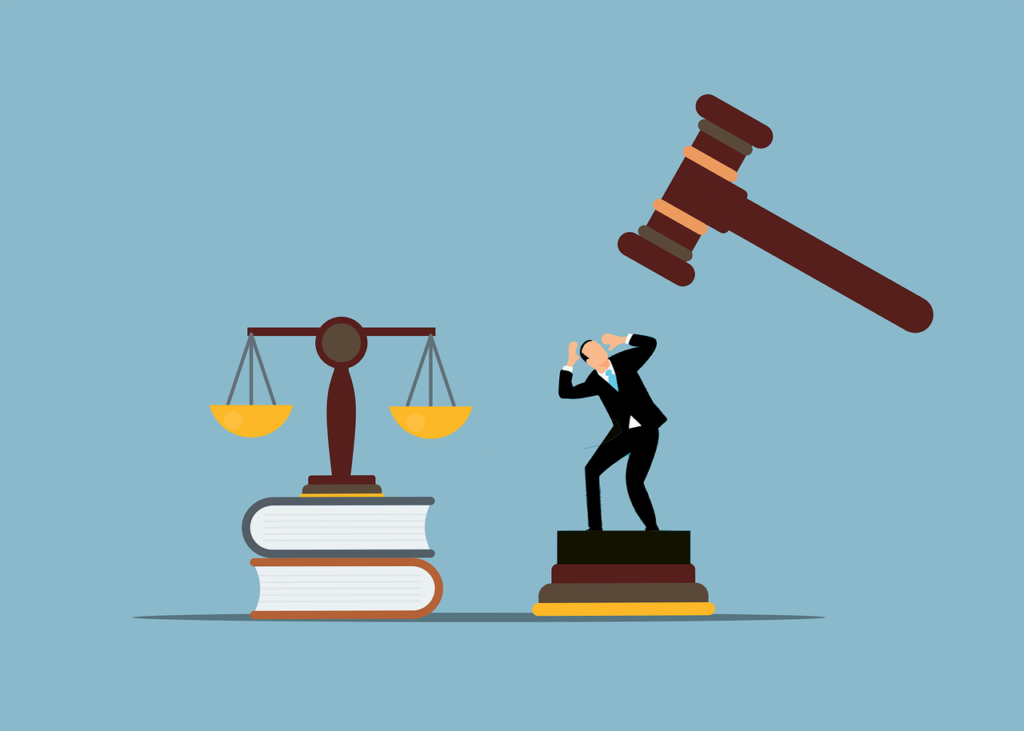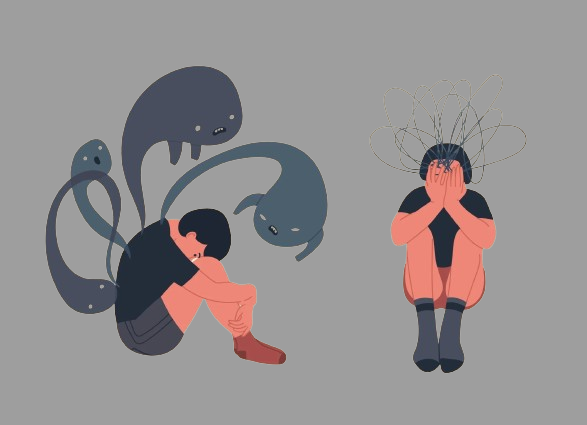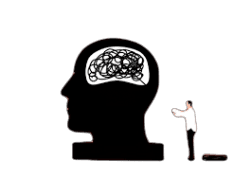There are numerous subspecialties and career paths within psychology. A concentration in forensic psychology, which sits at the nexus of psychology and the legal system, may be worthwhile for aspiring psychologists with an interest in legal and criminal matters. Psychologists that work in this multidisciplinary field cross both fields to use psychological insights into legal proceedings and decision-making.
Forensic psychology. What is it?
By applying psychological knowledge inside the legal system, the field of forensic psychology blends the practice of psychology with the legal system. Assessing a person’s ability to stand trial, recommending a sentence, providing expert testimony, assessing a person’s suitability for child custody, taking part in jury selection, and counseling criminal defendants are all examples of forensic psychology.

The Latin term “forensis,” which meaning “the forum,” or the Ancient Roman judicial system, is where the word “forensic” first appeared. This field is defined by the American Board of Forensic Psychology as the use of psychology to legal and judicial system-related problems.
In recent years, there has been a notable increase in interest in forensic psychology. A growing number of graduate institutions offer a combined degree in law and psychology, and some also offer forensic psychology emphasis.
Role of forensic psychologist
Numerous tasks and obligations await forensic psychiatrists, each requiring a certain combination of abilities and knowledge.
Psychological Evaluation in the Judiciary System
They do a lot of work that includes psychological evaluation for the judicial system. Strong forensic abilities are necessary for this process, including a thorough comprehension of the legal system, proficiency with a variety of assessment instruments, and the capacity to reach intricate, nuanced conclusions in light of their assessments. To effectively communicate their conclusions to juries, other legal experts, and other parties involved in the legal process, these specialists also require outstanding verbal communication skills.
Consultants and Specialist Testimony
Forensic psychologists provide crucial insights as counselors and expert witnesses in a variety of fields, such as an individual’s capacity to stand trial, the proper sentence for an offender, and the most efficient treatment methods. Based on their evaluations and general competence, they can be called upon to testify as expert witnesses in court, offering their professional judgment on a range of topics.

One other role that certain forensic psychologists might take on is creating criminal profiles. Using psychological theory and research, criminal profiling entails speculating about the traits and actions of an unidentified criminal. Despite what many media representations might imply, this is a rather uncommon and highly specialized branch of forensic psychology.
Roles of Consultation and Advisory
Additionally, forensic psychologists provide advice and assistance. By offering psychological insights that can guide strategies, policies, and procedures, they support employers in the legal and administrative fields, such as law enforcement agencies and legal businesses. For example, they could offer psychologically grounded recommendations on the best ways to question someone or assist in creating and executing criminal rehabilitation initiatives.
By playing these many roles, forensic psychologists contribute to more equitable and knowledgeable legal procedures by ensuring that psychological information is successfully incorporated into the legal system.
Criminal psychology
Criminal psychologists work to comprehend the reasons behind criminal behavior and create a psychological profile in order to comprehend or capture them. They assess each criminal’s unique behavior and make any necessary mental health diagnoses. They enter the courtroom on a regular basis to offer expert testimony. Counseling offenders or assessing their recidivism risk are among the other responsibilities.
A doctorate in psychology and a license to practice are prerequisites for becoming a criminal psychologist. These experts typically hold postdoctoral degrees and have conducted study on profiling or criminal behavior. Having worked in law enforcement, criminal psychologists frequently carry their expertise from the field to graduate programs where they hone their psychological profiling capabilities.

Criminal psychology vs. forensic psychology
The specialties of forensic psychologists and criminal psychologists differ in a number of ways, such as:
Background in education
During their academic careers, forensic and criminal psychologists may pursue distinct fields of study. Typically holding a doctorate in psychology, forensic psychologists are qualified to conduct mental examinations on suspects. Criminal psychologists, on the other hand, typically hold a master’s degree in criminal justice in addition to a professional expertise in law enforcement. Having a license to diagnose patients and conduct tests on them is another requirement for working as a forensic psychologist. Therefore, obtaining a license as a forensic psychologist may take an extra four to five years.
Job responsibilities
Typical duties for a criminal psychologist consist of:
- looking into case records from past offenses
- examining the data to determine the reasons behind crimes
- assembling research results to create a criminal profile
- establishing links between the perpetrators and the victims
- assisting law enforcement in the capture of a suspect
Typical duties for a forensic psychologist consist of:

- giving a courtroom expert testimony
- ensuring that witness statements given in court are reliable
- describing to law enforcement personnel the suspect’s mental condition
- diagnosing suspects and victims’ patients
- directing group therapy sessions in hospitals for rehabilitation
Workplace conditions
Compared to forensic psychologists, criminal psychologists operate in distinct professional environments. Criminal psychologists may assist law enforcement’s attempts to prevent crime by working in:
- Libraries: Criminal psychologists can access case data and past criminal conduct through the Law and National Crime Information Center (NCIC) libraries. The psychologist obtains previous criminal profiles and updates the data to make sure it is correct if a suspect commits a similar crime.
- Police stations: In order to present their findings and provide an explanation of the information contained in the criminal profile, criminal psychologists are required to work in police stations. Psychologists can interview the suspect since police officers frequently bring them to the station for interrogation or after making an arrest.
- Crime scenes: Psychologists examine the location of illicit conduct since the crime scene might provide details for the profile and insight into the criminal’s objectives. They could take note of where the evidence is located to find out more about the victim and how the crime progressed.
Skills
Although their professions may require the same soft skills, criminal and forensic psychologists may use their abilities for different reasons. Here are the differences in how these professionals apply the skills in their jobs:

Interpersonal communication: Suspects are engaged in interpersonal interactions with both forensic and criminal psychologists. Finding out why the suspect committed a crime is the interview’s main goal, according to criminal psychologists. The goal of forensic psychology is to determine whether or not the patient can safely reintegrate into society.
Patience: Patience is needed throughout the lengthy legal proceedings that follow the apprehension of a criminal. Criminal psychologists must have the patience to hold off on testing evidence from the crime scene until law enforcement has captured a suspect. In order to reach a conclusion, forensic psychologists must have the patience to wait for a patient to heal and complete several assessments.
Data analysis: While their forensic counterparts interpret test results, criminal psychologists examine data from case files and comparable crime scenes.
Stress management: Interactions between both kinds of psychologists and prisoners can be tense, particularly when things get heated or when the prisoner refuses to talk to the psychologist. Forensic psychologists control their tension throughout protracted court hearings, while criminal psychologists stay composed when a suspect is still at large or when crimes intensify.



